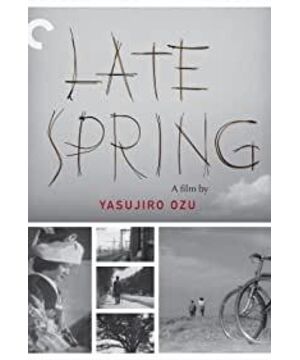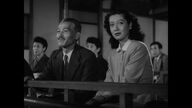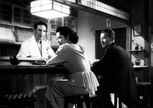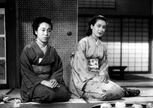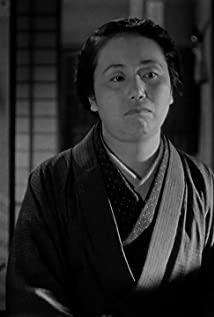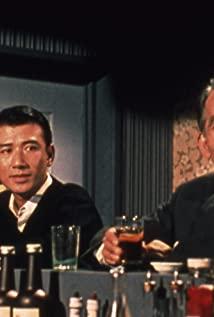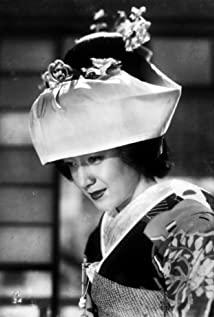In comparison, Li Zhizhong seems to be the same Li Zhizhong, sighing from time to time, but it doesn't make people feel helpless and disappointed, just a revelation of indifference and extremely restrained feelings. It is still so restrained in the performance and the image of calm and few words, but it reaches the extreme in a dialogue in the film:
"Do you want to marry another wife like Mr. Kawada?"
Nodding slightly.
"You want to remarry?"
nodded.
"Is that the woman we met today?"
"Yes." Nodding slightly.
"Are you sure?"
"Yeah." Nodding.
"Is it true?"
"Hmm." His face twitched and he nodded.
In my opinion, this dialogue can be regarded as the best representative of Li Zhizhong's performance style and level. A few simple nods, slight responses and imperceptible facial twitches support the ordinary and profound motif of the whole film. I have nothing more to say than admiration and a five-body cast.
The father knew his daughter too well. After the daughter agreed to get married, the father asked the daughter if she was willing. After getting a positive answer, he showed a helpless expression of pity. There are too many dialogues and not too many expressions, and the warmth and loss of emotion and loss are naturally generated between the stagnation of the camera and the flow of rhythm. There is no old man who does not yearn for the company of their children, but the helpless watching between parents and children, the inevitable staggered separation at the time of intergenerational change, no matter how delayed, no matter how unwilling, it will come after all.
These three people are really great, ordinary camera language, ordinary scene stories, calm narratives, the longest and longest motif of human society slowly emerges in this frown and smile, full of tension, except for the eternal vulgarity I really don't know how to rate it.
View more about Late Spring reviews


